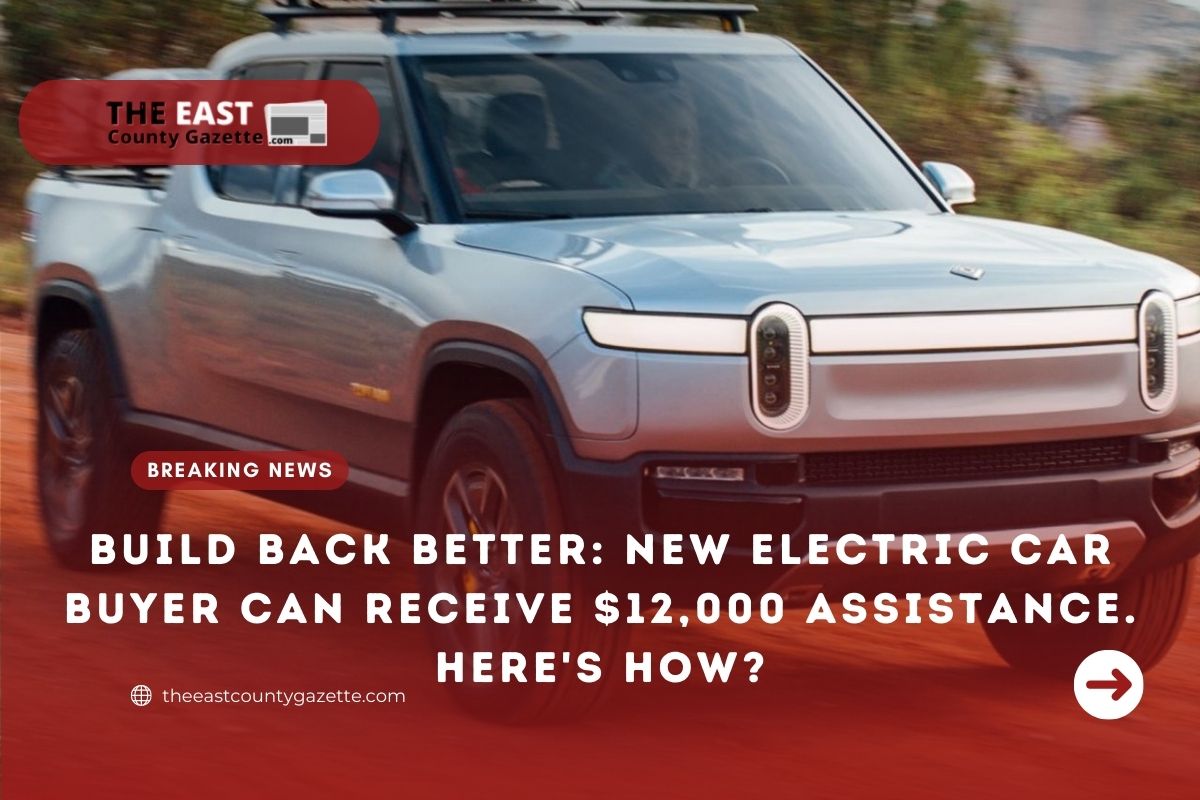Build Back Better: New Electric Car Buyer Can Receive $12,000 Assistance. Here’s How?
Joe Biden’s signature legislation, the Build Back Better Act, was passed by the House of Representatives on Friday.
It is still stuffed with Democratic wish list items despite being significantly smaller than when it was originally proposed.
Policies included in the Bill related to child care, family leave, and immigration are among these.
As it reaches the Senate, the bill is likely to face opposition and some trimming. However, there is clearly one proposal that stands out as a top survivor among others.
The bill contains a provision that will provide a $7,500 tax rebate to any consumer who purchases a plug-in hybrid or all-electric vehicle, as part of Biden’s carbon emission reduction plan.
Those who purchase such vehicles will also get the amount is increased by $4,500 if the vehicles are made in unionized U.S. factories, plus an extra $500 if the vehicles contain U.S.-made batteries.
The Buy American policy is Biden’s apparent attempt to compel domestic purchases.
In practice, the bill simply retains Trump’s protectionist policies and high taxpayer costs.
Although the Electric Vehicle (EV) credit proposal is worse, it does more than just incentivize types of products; it also incentivizes specific brands.
According to the bill, as written, EV credits of $4,500 can only be applied to electric vehicles made by Ford, General Motors, and Stellantis (formerly Fiat Chrysler).
Read More: Biden Receives Criticism Over Thanksgiving Dinner in Million Dollar Home?
For instance, a consumer who buys a Toyota Camry hybrid, which U.S. News & World Report ranks as “Great” in reliability, is not eligible for the additional money, regardless of whether the car is built in Kentucky or not.
This same shopper, however, would receive the extra rebate if they purchase a Chevrolet Bolt, whose production, is at Michigan, but was recently halted due to fires in the batteries.
Two variations of the Bolt are currently the only EVs that qualify for the extra money, out of more than 50 EVs currently available on the market.
It is believed that the most pernicious aspect of this policy is that rather than simply giving American firms an advantage (which is a bad thing anyway), it actually gives leeway to the United Auto Workers (UAW).
While visiting the UAW job training center in October, Biden boasted about the EV proposal, saying “I want those jobs here in Michigan”—rather than in places like Tennessee or Kentucky, which have a lower probability of union membership.
As a matter of fact, it is clear that unions were more key to the policy than consumer incentives. Rep. Dan Kildee (D-Mich.), the provision’s co-author, told The Wall Street Journal last week that the bonus funding was included as a result of General Motors and the UAW’s advice to him, “about the importance of including an explicitly pro-union component.”
It is entirely laudable to switch to EVs as a way to reduce carbon emissions and exhaust pollution (though not a silver bullet).
The entire goal of the transition can be undermined when it is implemented by executive fiat rather than consumer choice or market incentives.
This is a political reason to nudge customers in this case: as payback for a key constituency of Biden’s.

